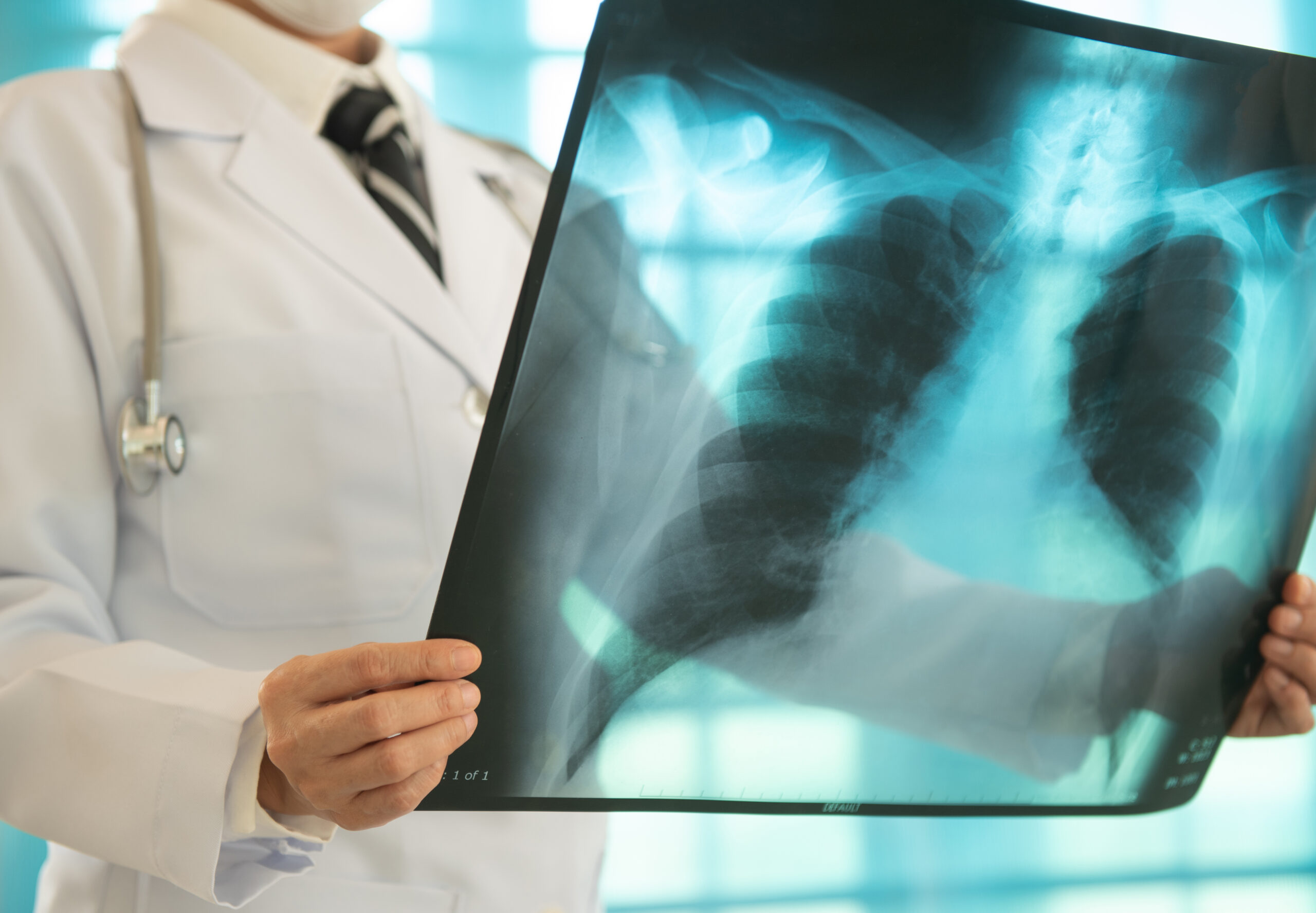- May 1, 2023
- 4 minutes read
Groundbreaking new AI can detect cancer earlier: study

More On:
artificial intelligence
ChatGPT wired into Boston Dynamics’ robodogs so they can ‘speak’
Creepy AI-generated beer, pizza commercials go viral: ‘What hell looks like’
ChatGPT might show more empathy to patients than human doctors: study
‘Godfather of AI’ quits Google — and says he regrets life’s work due to risks to humanity
Doctors and scientists in the UK have reached a major breakthrough in fast-tracking cancer detection — all with the help of AI.
The new artificially intelligent algorithm — in development since 2020 — has the means to determine whether or not abnormal growths found on CT scans are cancerous, the Guardian reported.
“In the future, we hope it will improve early detection and potentially make cancer treatment more successful by highlighting high-risk patients and fast-tracking them to earlier intervention,” said researcher Dr. Benjamin Hunter, a clinical oncology registrar at the Royal Marsden National Health Service.
In particular, lungs of 500 patients were analyzed in a published study on the impressive technology.
“According to these initial results, our model appears to identify cancerous large lung nodules accurately,” said Hunter.
Doctors Richard Lee (center) and Benjamin Hunter (right) have made a breakthrough with using artificial intelligence to detect cancer early.The Royal Marsden NHS Foundation Trust
“Next, we plan to test the technology on patients with large lung nodules in clinic to see if it can accurately predict their risk of lung cancer.”
If success continues, this will also streamline the time it takes doctors to make critical decisions on proceeding with treatment — particularly with growths that are of medium risk — according to the outlet.
“Through this work, we hope to push boundaries to speed up the detection of the disease using innovative technologies such as AI,” said chief study investigator Dr. Richard Lee.
Lungs were studied as part of the research, which has been ongoing since 2020. Getty Images/iStockphoto
“People diagnosed with lung cancer at the earliest stage are much more likely to survive for five years, when compared with those whose cancer is caught late,” he added.
Three years ago, Lee explained that this study would also shed light on “subtle changes in patients,” which could explain certain behavioral aspects of their conditions.
“This means it is a priority we find ways to speed up the detection of the disease, and this study — which is the first to develop a radiomics model specifically focused on large lung nodules — could one day support clinicians in identifying high-risk patients.”
